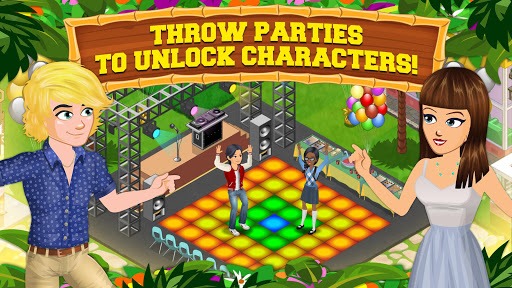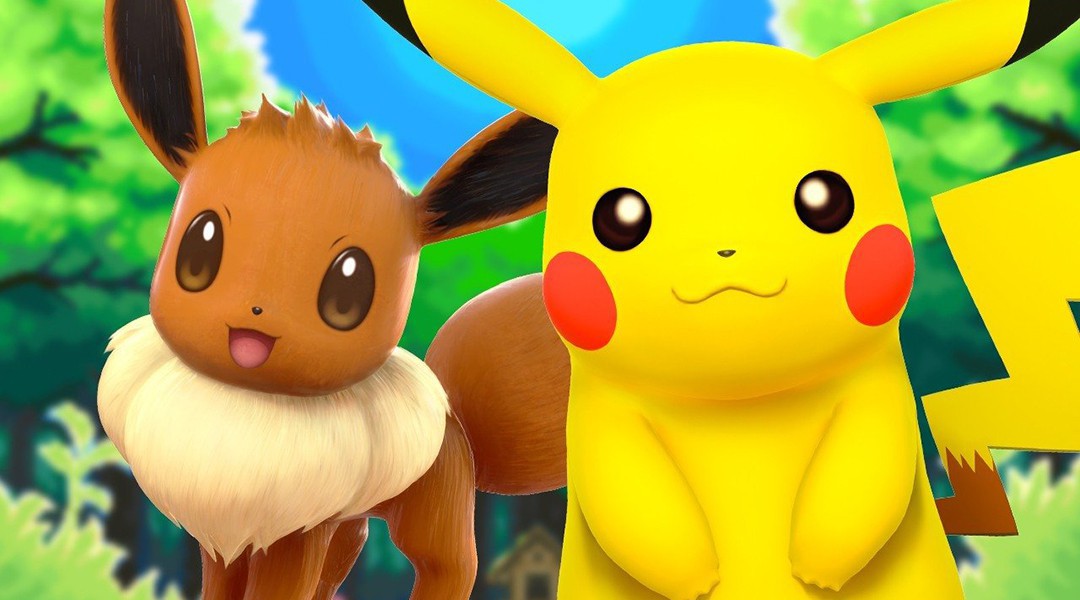Video games can have positive, therapeutic effects on players of all ages, especially those with mental or emotional problems. Games provide a chance to tune out the stresses of everyday life and decompress. For a gamer, video games helps soothe the mind and creates an avenue to take their mind off all stressful thoughts.
Researchers at the University of Rochester, New York, have shown that whether people engage with video games in a healthy way is a consequence of whether certain basic needs (feelings of competence, autonomy and relatedness) are being met in their lives. As well, Studies at Global Digital Citizen show that video games lead to a reduction in tension, anger, depression and fatigue and increase in vigor. Kids that play video games are more likely to have positive emotions, having less risky friendship networks, better self-esteem and higher levels of family closeness. How does this work?
Well consider that giving your mind time to rest is critical for emotional and mental well-being. Relaxation reduces the risk of heart problems and stroke, boosts memory, buffers against depression, and helps decision making. It even has physical health benefits, by suppressing urges to stress-eat and reducing acne. And all these benefits come from doing something that’s actually fun to do!
Games like Minecraft and Portal 2 are appropriate for a wide age range and encourage creativity and co-operation.Even more adult-themed and violent video games can have a positive influence — but who the player is and the nature of their engagement will influence the impact of such games. Most importantly there are clear opportunities to use video games as a way to empower young people to manage their mental health and wellbeing, and potentially circumvent psychological distress. So next time you ban video games from your stressed out teenager, remember that you can be taking away a very important aspect of their mental health.



